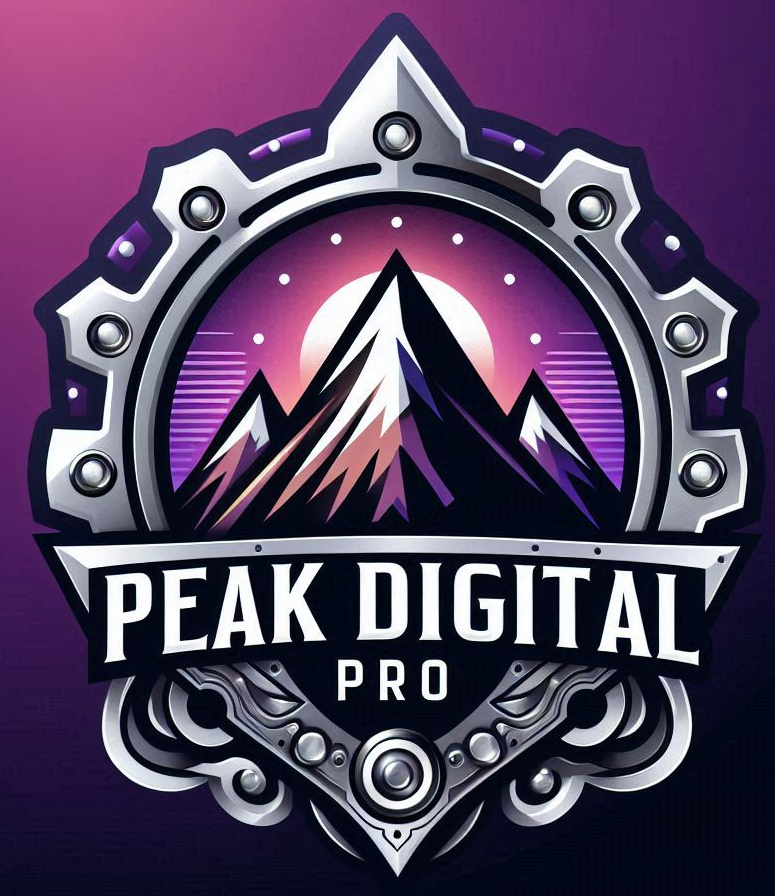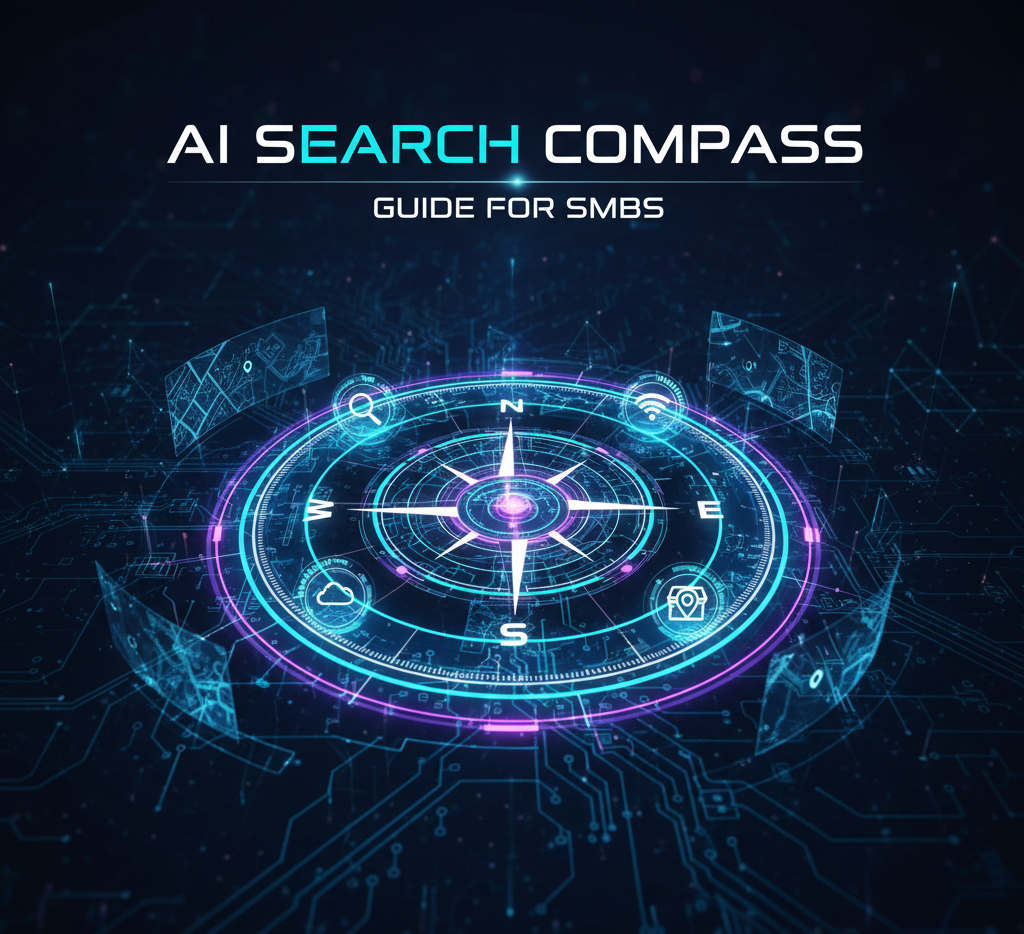Understanding How Blogs Support SEO Effectively
Blogs drive more than casual readers to a website. The simple act of publishing fresh content can lead to a 434 percent increase in indexed pages , according to industry research. Most people think a blog is just an online diary or a marketing add-on but that misses what search engines really care about. The real power behind blogging comes from how it signals activity, authority, and expertise to Google in ways that static pages never will.
Table of Contents
Quick Summary
| Takeaway | Explanation |
|---|---|
| Regularly publish high-quality blog content | Search engines favor sites that consistently offer valuable information, improving SEO and visibility. |
| Focus on user intent and keywords | Create content that addresses specific user questions while naturally integrating relevant keywords. |
| Monitor engagement metrics actively | Track metrics like time on page and social shares to refine content for better audience connections. |
| Update and refresh older posts | Regular updates to existing blog posts maintain relevance and continue to drive organic traffic. |
| Utilize blogs to build domain authority | Consistent blogging establishes credibility and can enhance search visibility over time. |
The Role of Blogs in SEO: What You Need to Know
Blogs represent a powerful yet often underestimated strategy for enhancing search engine optimization and driving organic website traffic. At their core, blogs serve as dynamic content platforms that signal to search engines that a website is active, relevant, and consistently producing valuable information for users.
Understanding Blog Content and Search Rankings
Search engines like Google prioritize websites that regularly publish high-quality, informative content. Blogs provide an ideal mechanism for accomplishing this goal. By creating detailed, keyword-rich articles that address specific user queries, businesses can improve their visibility in search results. Learn more about increasing online visibility for businesses through strategic content creation.
Key characteristics of effective blog content for SEO include:
- Addressing specific user questions and search intents
- Incorporating relevant keywords naturally
- Providing comprehensive, authoritative information
- Maintaining consistent publishing schedules
Strategic Blog Content Development
Successful blog content goes beyond mere keyword stuffing. According to research from academic SEO strategies , effective blogs integrate specific keywords strategically while maintaining readability and user engagement. This means crafting content that genuinely helps readers solve problems or gain insights.
The most impactful blogs demonstrate expertise, answer complex questions, and provide unique perspectives that distinguish them from generic online content. By focusing on depth, relevance, and user value, businesses can transform their blogs from simple website sections into powerful SEO tools that attract and retain audience attention.
The following table summarizes the key characteristics that make blog content effective for SEO, as discussed in the section on blog content and search rankings.
| Characteristic | Description |
|---|---|
| Addresses User Intent | Answers specific user questions and fulfills search intent |
| Relevant Keyword Integration | Incorporates target keywords naturally within the content |
| Comprehensive Information | Provides thorough, authoritative, and in-depth responses |
| Consistent Publishing | Maintains a regular schedule for posting fresh content |
| Unique Perspective | Offers expertise and insights that distinguish content from competitors |
Why Blogs Matter for Search Engine Ranking
Search engines continuously evolve their algorithms to prioritize websites that demonstrate consistent value, expertise, and relevance. Blogs serve as critical instruments in meeting these algorithmic requirements, providing businesses with a strategic method to improve their online visibility and search rankings.
Content Frequency and Search Algorithm Signals
Modern search algorithms reward websites that publish fresh, original content regularly. According to research from the Department of Energy’s search optimization guidelines , consistent content creation signals to search engines that a website is active, authoritative, and committed to providing current information.
Key signals that blogs generate for search engines include:
- Demonstrating ongoing website activity
- Creating opportunities for keyword integration
- Expanding website’s topical coverage
- Generating internal linking opportunities
Building Website Authority Through Strategic Content
Blogs are more than just periodic updates. They represent a sophisticated approach to establishing digital credibility . By producing in-depth, well-researched content that addresses specific user queries, businesses can position themselves as industry thought leaders.
Search engines analyze multiple factors when evaluating content authority, including:
- Depth and comprehensiveness of information
- Relevance to user search intentions
- Quality of external and internal links
- User engagement metrics
Through carefully crafted blog content, organizations can systematically improve their search rankings by presenting solutions, insights, and expertise that directly align with user needs. This approach transforms blogs from simple web pages into powerful SEO assets that consistently drive organic traffic and enhance digital visibility.

How Blogs Enhance Content Quality and User Engagement
Blogs represent a sophisticated platform for delivering meaningful content that goes beyond traditional marketing approaches. By creating strategic, user-focused narratives, organizations can transform their digital presence into an interactive and valuable resource that attracts and retains audience attention.
Creating Comprehensive User-Centric Content
High-quality blog content is fundamentally about addressing user needs with precise, valuable information . According to research from USA.gov’s content strategy , successful digital content requires a deep understanding of audience requirements and delivering information that directly solves their problems.
Key elements of user-centric blog content include:
- Addressing specific user questions
- Providing clear, actionable insights
- Presenting information in digestible formats
- Maintaining a conversational yet authoritative tone
Measuring Content Engagement and Impact
Effective blogs are not simply about publishing content but about creating meaningful interactions. User engagement metrics such as time spent on page, social shares, and comment interactions provide critical insights into content performance. By analyzing these indicators, businesses can continuously refine their content strategy to better meet audience expectations.
This table organizes important user engagement metrics mentioned in the article, clarifying their significance for measuring blog and SEO performance.
| Engagement Metric | What It Measures |
|---|---|
| Average Time on Page | How long users spend reading each blog post |
| Social Media Shares | The number of times content is shared on social |
| Comment/Interaction Rate | Frequency of user comments and interactions |
| Bounce Rate | Percentage of visitors leaving after one page view |
| Reader Retention | How often readers return for more content |
Important engagement metrics to track include:

- Average time spent reading
- Number of social media shares
- Comment and interaction rates
- Bounce rates and reader retention
Through strategic content development and continuous refinement, blogs become powerful tools for building digital relationships, establishing thought leadership, and creating meaningful connections with target audiences. The most successful blogs transform from mere information repositories into dynamic platforms that actively engage and inspire readers.
Understanding Keyword Strategy Through Blogging
Keyword strategy represents the foundational architecture of effective search engine optimization, transforming blogs from simple content repositories into targeted communication platforms. By thoughtfully integrating strategic keywords, businesses can create content that not only resonates with their audience but also signals relevance to search engine algorithms.
Strategic Keyword Research and Selection
Successful keyword strategy begins with comprehensive research and nuanced understanding of user search behaviors. According to Michigan State University’s Digital Experience Studio , effective keyword research involves a systematic approach that transcends simple word matching.
Critical considerations for keyword selection include:
- Understanding user search intent
- Analyzing search volume and competition
- Identifying long-tail keyword opportunities
- Matching keywords to specific content objectives
Natural Keyword Integration in Blog Content
Effective keyword usage goes far beyond mere repetition. The most sophisticated content strategies focus on seamlessly embedding keywords within high-quality, informative text that provides genuine value to readers. This approach ensures that blogs remain engaging and authoritative while simultaneously optimizing for search engine visibility.
Key principles of natural keyword integration include:
- Maintaining conversational writing style
- Avoiding keyword stuffing
- Utilizing keywords in headers and meta descriptions
- Creating contextually relevant content
By treating keywords as strategic communication tools rather than mechanical optimization techniques, businesses can develop blog content that authentically connects with audiences while simultaneously improving search engine rankings. The most successful keyword strategies transform technical optimization into compelling storytelling that serves both human readers and algorithmic requirements.
The Long-Term Benefits of Blogging for SEO Success
Blogs are not merely short-term content strategies but powerful long-term investments in digital visibility and brand authority. By consistently producing high-quality, relevant content, businesses can create a compounding effect that significantly enhances their search engine performance and online reputation.
Cumulative Content Value and Domain Authority
Sustained content creation builds incremental value that search engines recognize and reward. According to research from the Rochester Institute of Technology , consistent blogging contributes to long-term SEO by generating a continuous stream of indexable content that expands a website’s topical coverage and expertise signals.
Key long-term advantages of consistent blogging include:
- Gradual accumulation of domain authority
- Increased opportunities for internal and external linking
- Broader keyword coverage across multiple search intents
- Enhanced credibility with search engine algorithms
Strategic Content Compounding and Search Performance
Blog content operates like a strategic investment, where each published article contributes to a growing digital asset portfolio. Older, well-maintained blog posts continue generating value by attracting organic traffic, providing historical context, and demonstrating sustained expertise in specific subject areas.
Critical factors in long-term blog performance include:
- Regular content updates and refreshes
- Maintaining relevance to current industry trends
- Developing comprehensive, evergreen content
- Creating interconnected content ecosystems
By viewing blogs as ongoing strategic communication channels rather than disposable marketing materials, businesses can develop robust digital presences that consistently attract, engage, and convert target audiences. The most successful organizations understand that blogging is not about immediate results but about building sustainable digital relationships and search engine credibility.
Turn Your Blogs Into AI-Powered Search Wins With Peak Digital Pro
Is your blog struggling to secure top spots as AI-driven search changes the rules? Traditional SEO alone cannot guarantee visibility in Google’s AI Overviews or ChatGPT answers. If your business depends on qualified traffic from search, missing out on these advanced placements can mean fewer leads and lost opportunities. Blogs are essential for building authority, keyword coverage and ongoing relevance, just as the article explained. But without adaptive strategies like schema markup, content alignment, and true Answer Engine Optimization, even strong blog content might be invisible to your next generation of customers.

Protect your visibility now.
Visit Peak Digital Pro
and discover how our exclusive AEO Method will keep your blogs and business in front of qualified buyers when AI makes the decision. We work with only one organization per industry per market, so your edge is always secure. Connect with us
today to see how you can outpace search disruption and win more customers in tomorrow’s AI-powered search landscape.
will keep your blogs and business in front of qualified buyers when AI makes the decision. We work with only one organization per industry per market, so your edge is always secure. Connect with us
today to see how you can outpace search disruption and win more customers in tomorrow’s AI-powered search landscape.
Frequently Asked Questions
What role do blogs play in SEO?
Blogs are a powerful strategy for enhancing search engine optimization by providing fresh, high-quality content that signals to search engines that a website is active, relevant, and offering valuable information to users.
How often should I publish blog content for optimal SEO impact?
Consistent publishing of fresh and original content is crucial for SEO. Search engines reward websites that regularly produce relevant content, which helps improve visibility and authority.
How do I effectively incorporate keywords into my blog?
Effective keyword integration involves understanding user search intent and naturally embedding relevant keywords within high-quality content without keyword stuffing, enhancing both readability and SEO.
What metrics should I track to measure the success of my blog in SEO?
Key metrics include average time spent on page, social media shares, comment interaction rates, bounce rates, and reader retention, all of which provide insights into user engagement and content performance.







